This article in Psychology Today by Susan Krauss Whitbourne caught my attention because in 2018 I found myself using the word "toxic" more than usual. It seems that this has been true for many people around the globe. That is the reason why the highly regarded Oxford English Dictionary (OED) chose "toxic" as its number one word of 2018.
Instead of just referring to a life-threatening chemical or environmental situation, the word has expanded to modify more abstract ideas such as masculinity, relationship, and culture. The Oxford English Dictionary saw a 45 percent increase in the number of times that "toxic" was looked up on its website last year. According to those behind this selection the word reflected "the ethos, mood, or preoccupations of the passing year."
Looking back over the negativity of public discourse, the widespread incivility on all levels of society, and the seeming refusal of citizens to treat one another with mutual respect, we are not surprised that toxic was singled out as a descriptor of the year.
So what is the challenge embedded in this choice? In many ways, it reflects our shadow side – those parts of ourselves we find to be despicable, unworthy, and embarrassing on both an individual and a cultural level. It's clearly time for us to do shadow work which involves both bringing those realities into the light (which choosing toxic as the word of the year clearly does) and taking responsibility for our part in perpetuating them. Ask yourself, what is toxic in my life? And how can I correct that?

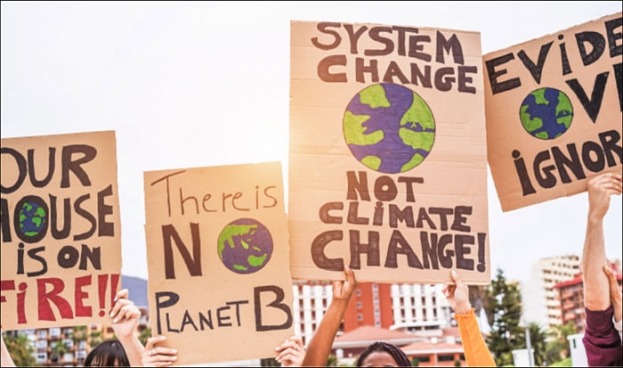 The Oxford Word of 2019
The Oxford Word of 2019 Slime Endures
Slime Endures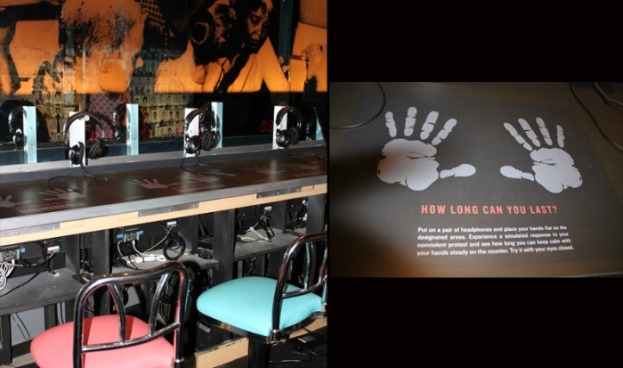 Civil Rights Tours
Civil Rights Tours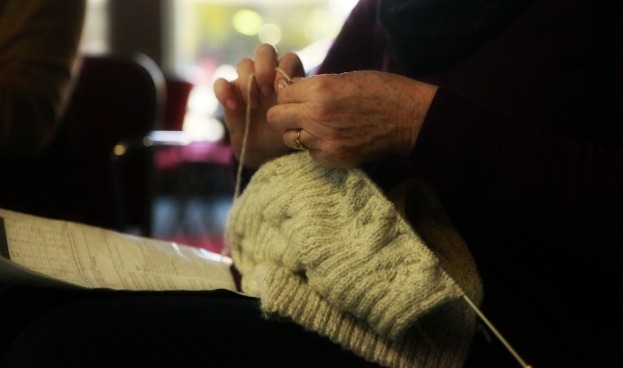 Why People Don't Have Hobbies
Why People Don't Have Hobbies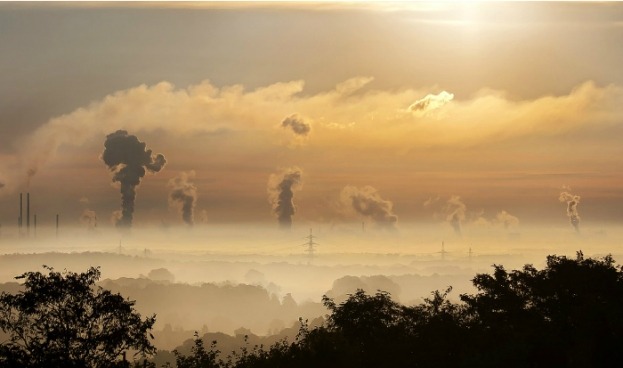 Words That Compel Us to Dive Deep
Words That Compel Us to Dive Deep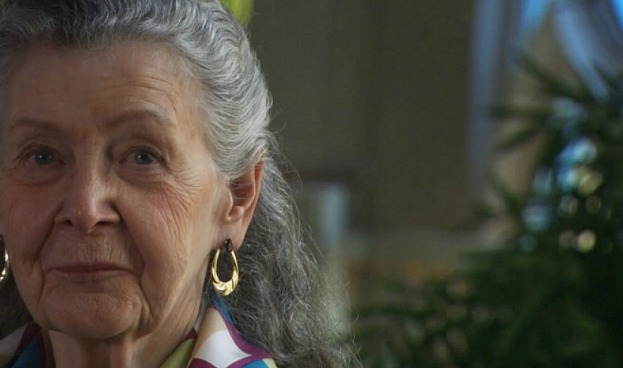 Honoring Marion Woodman
Honoring Marion Woodman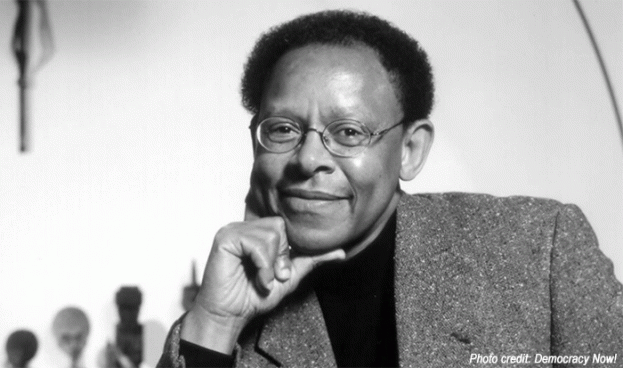 Remembering James H. Cone
Remembering James H. Cone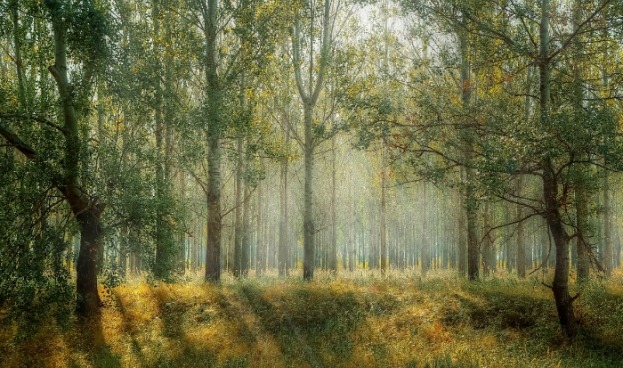 Bathing with Trees
Bathing with Trees Can't Remember Books, Movies, and TV Shows?
Can't Remember Books, Movies, and TV Shows?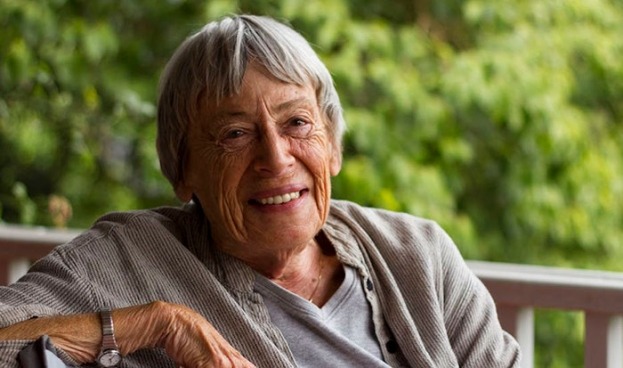 Ursula Le Guin, An Appreciation
Ursula Le Guin, An Appreciation